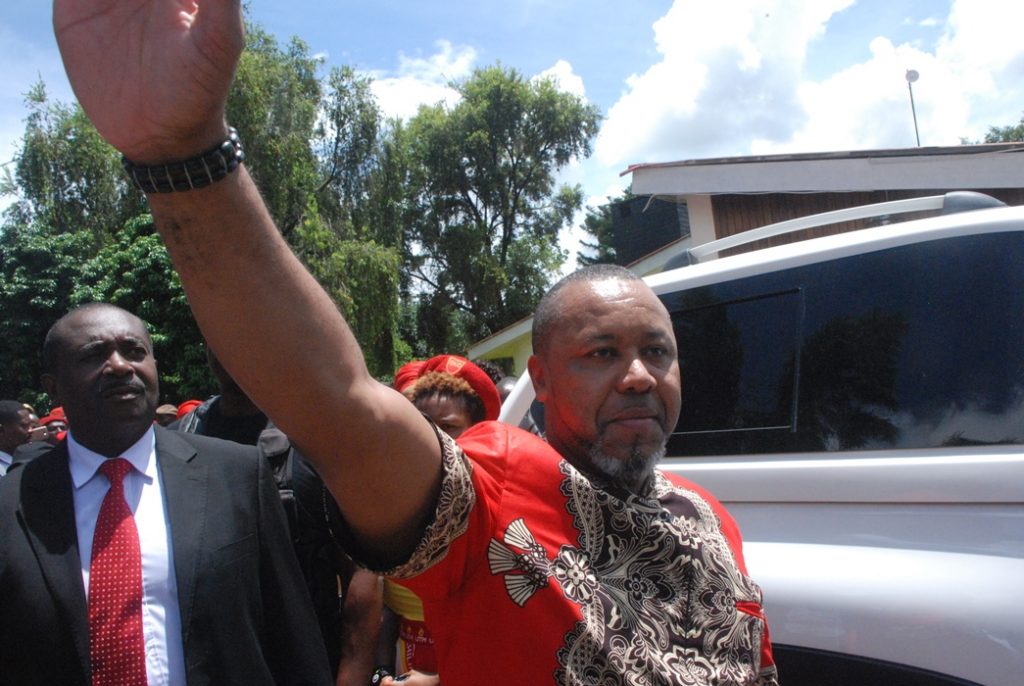By Lyson Sibande, Analyst

When I heard that the First Vice President Dr. Saulos Chilima also simply referred to as, the Vice President (Section 80(5)(b)) is going to address the nation in his capacity of VP, I quickly grabbed a copy of the Constitution to enlighten myself about the legality of this act because others are claiming that it is treasonous and unconstitutional because the VP has not been delegated by the President.
The Constitution of the Republic Malawi in Chapter 8, has provisions for the Executive organ of the state and its members including the President, the First Vice President, Second Vice President, Cabinet Ministers and the Attorney General and Director of Public Prosecution. These provisions are found from Section 78 up to Section 102.
What I gathered in the entire chapter 8 is that the Constitution does not expressly provide for the powers and duties of the VP despite expressly doing the same for the President (section 89) and other members of the executive like ministers.
The Offices of the VP and Second VP are created by Section 79 of the Constitution which simply provides that they will assist the President and their powers and functions will derive from the Constitution itself, an Act of Parliament or from the President.
To this effect, for example, the Constitution expressly provides that the VP shall preside over Cabinet meetings in the temporary absence of the President (Section 92(3)(b).
Now it clear that if it is in the exercise of powers and carrying out functions of the state the VP must first and foremost act according to his constitutional duties, or according to an act of Parliamentary and lastly as delegated by the President.
The question therefore is whether or not it is illegal for the VP to address Malawians in his constitutionally legal capacity.
I am of the view that addressing the people in his legal capacity is not illegal. The mere address to people is not necessarily an exercise of powers or performance of constitutional duty. What might put the VP in a constitutional problem is the content of his address.
For example, the VP might address the people just to remind them to stay safe as Covid -19 cases are increasing. That cannot be a legal issue.
But he cannot be able to make any declarations and issue orders or speak on behalf of the state or government because that’s what would require him to assume delegated powers according to Section 79.
Therefore, for now, we cannot tell if the VP has acted outside his Constitutional powers. The content of his address will determine.



I like your commodity, its good quality and strong